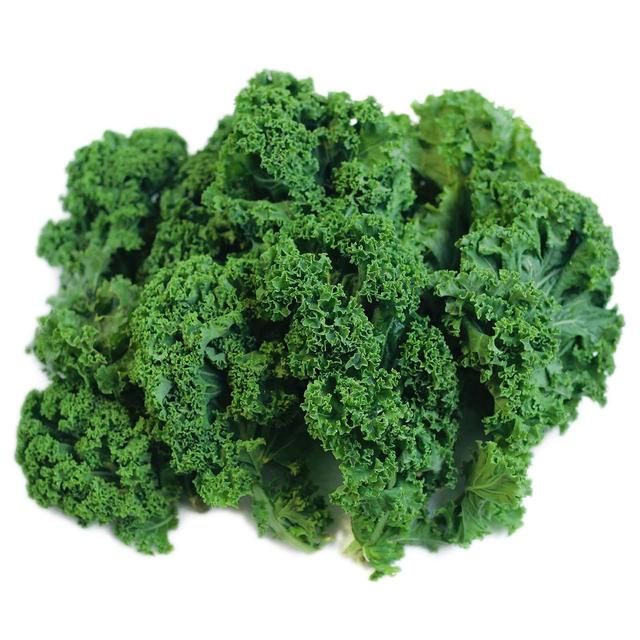Have you ever experienced gas and bloat, stomach aches, diarrhea, or nausea after taking any delicious dairy products like cheese or ice cream? Milk Allergy. That is what always comes to mind first.
There is a clear line that separates milk allergy from lactose intolerance. It is not unusual for most people to assume that two terms mean the same thing. After all, lactose is a sugar component of milk.
We want to make the distinctions as clear as possible to let you know what may be affecting you after taking dairy products. Therefore, we have compiled various studies and research on the differences between these two digestion problems. If you stick around, you can also find some of the top food recommendations that you can use as an alternative to avoid these problems.
Food Intolerance Vs. Allergy: What’s the Difference?
The Basics of Milk Allergy
Milk allergy is a body reaction that occurs when you consume milk or any dairy product. As simple as that. The complication of this type of allergy comes about when discussing its signs and symptoms. Before discussing that, let’s get an overview of milk allergies and their prevalence among human beings.
Milk allergies tend to show up very early in life but can still affect anyone at an advanced age. Otherwise, research shows that about one to two percent of children show milk allergies but later outgrow them above year five.
The allergic reactions accompanied by milk allergies are dangerous since they occur due to the body’s sensitivity to dairy products. It results in life-threatening allergic reactions occurring after a few minutes of milk intake and can last up to hours.
Here are some of the symptoms of milk allergies:
- Nausea
- Fainting
- Low blood pressure
- Vomiting
- Difficult breathing
- Swelling lips or throat
- Skin rashes
- Diarrhea
- Stomach aches
From what we have found out above, milk allergy is more dangerous than intolerance. Before you make the final judgment, here is what lactose intolerance is all about.
What is Lactose Intolerance?
Lactose intolerance is the inability of the body to digest lactose in the small intestines due to inadequate enzyme lactase. One thing to note about enzyme lactase is that its production decreases with age. Now you know why you can suddenly develop dairy intolerance later in life.
Did you know that approximately 65 percent of human beings suffer from lactose intolerance? Yes, that is how much prevalent it is.
Also, some may have inherited it since it is caused by damage in the small intestines due to bacterial infractions. All in all, the symptoms are not that dangerous but very unsettling. They include:
- Bloating
- Stomach pains
- Gas
- Constipation
- Diarrhea
- Eczema
4 Signs You Have a Caffeine Intolerance
How Does Each Affect What You Can Eat?
Don’t go through the process of searching online for the best alternatives for dairy products. We have already done the hard work for you.
Starting with lactose intolerance, simply because it’s mild, we recommend minimal amounts of dairy, but not too often. You can try out hard cheeses and yogurt products that have low lactose sugar. Check out this product from Tesco.
You can also go for foods rich in calcium, such as spinach, dark leafy greens, and almonds as alternatives.
With milk allergies, we highly recommend you avoid any dairy products. Ensure all food you buy has no ingredients such as casein, lactulose, ghee, lactalbumin, and whey. You can switch to pantry alternatives, such as Kales and Almonds due to the fact that they have high nutritional values, accommodate a host of dietary preferences and are easily available.
We understand that dairy products can be tempting. No lie, who won’t be tempted to take a sweet ice cream on a hot day when it is available? If you can’t resist the temptation, consume food that slows down digestion immediately after consuming any dairy product. We recommend this applesauce from Waitrose.
How Can You Easily Find What Works For You?
Online grocery sites don’t cater well to people who shop with dietary restrictions or preferences. Tedious reading of individual ingredients list of products and poor recommendations leave consumers exhausted, frustrated, and stuck with the usual. Foodlama helps you quickly discover what you or your household can or can’t have at your favorite grocers and makes the best substitute recommendations for what you cannot have. Click here to learn more about foodlama.

















